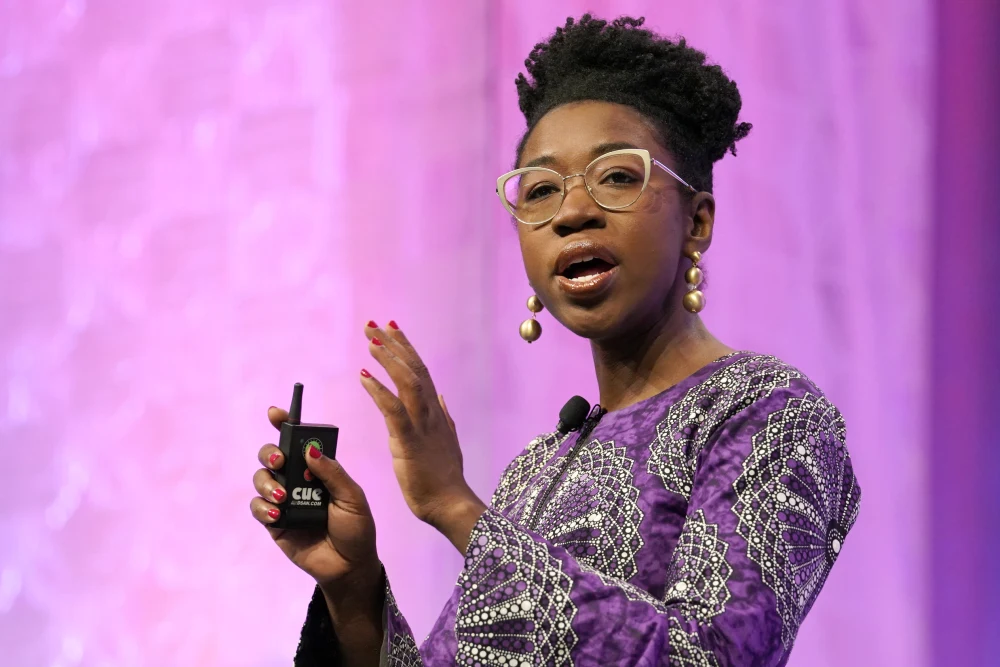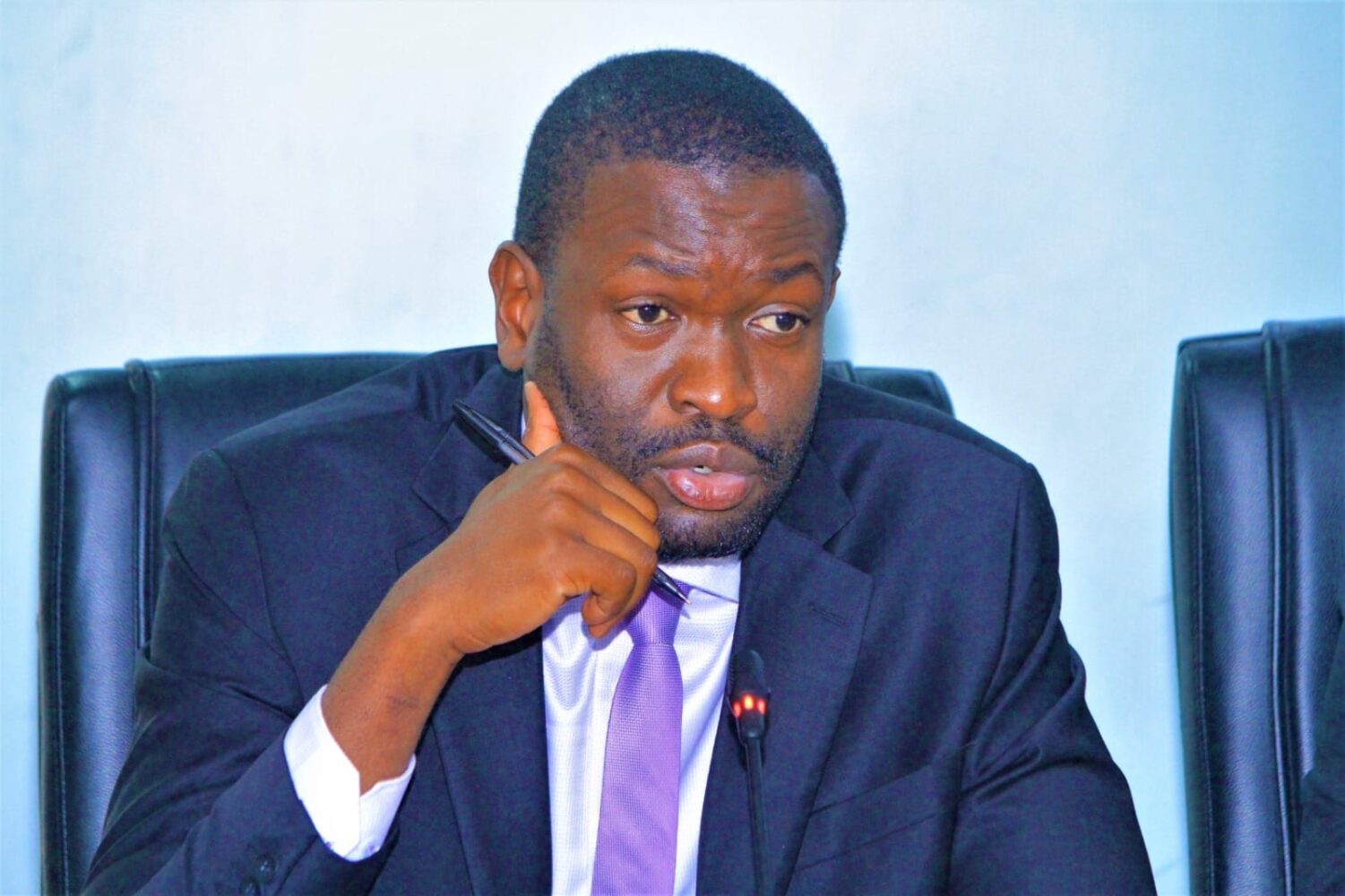As artificial intelligence (AI) continues to transform industries worldwide, concerns are mounting over its potential to worsen inequality across Africa, with women emerging as the most vulnerable group.
Speaking to FRANCE 24, Rachel Adams, the founding CEO of the Global Center on AI Governance, shed light on the profound impact AI could have on employment and economic stability across the continent.
“One of the major routes of inequality is around people’s access to work and labour opportunities,” Adams stated, emphasizing how AI-driven automation threatens to disrupt Africa’s largely informal workforce.
She warned that individuals with fewer formal skills, particularly women, could face significant job displacement as AI-driven technologies replace traditional roles.
Africa’s informal workforce at risk
With millions of people relying on informal jobs—ranging from street vending to domestic work—Africa’s economy is uniquely vulnerable to AI-led transformations.
Unlike economies with established safety nets and retraining programs, many African workers lack the resources or opportunities to transition into AI-compatible roles.
Adams highlighted the gendered impact of AI job losses, stressing that women, who make up a significant portion of informal workers, are most at risk.
The lack of digital literacy and access to technology further exacerbates the gender divide, making it harder for them to adapt to the rapidly evolving job market.
Bridging the digital divide
While AI presents enormous opportunities for economic growth, innovation, and efficiency,
Adams cautioned that without inclusive policies and targeted interventions, the technology could deepen existing inequalities rather than bridge them.
She urged governments, businesses, and international organizations to invest in digital education, upskilling programs, and policies that empower marginalized communities.
“If we do not actively shape AI policies to be inclusive, we risk entrenching deep-seated inequalities and leaving millions of people behind,” she warned.
Call for Action
As Africa navigates the AI revolution, leaders face a critical moment in shaping policies that balance technological advancement with social equity.
Ensuring that women and low-skilled workers are included in the digital transformation is not just a matter of justice, but a necessary step toward sustainable economic development.
The future of AI in Africa remains uncertain, but one thing is clear—without deliberate action, its promises of progress could turn into a driver of deeper social divides.











